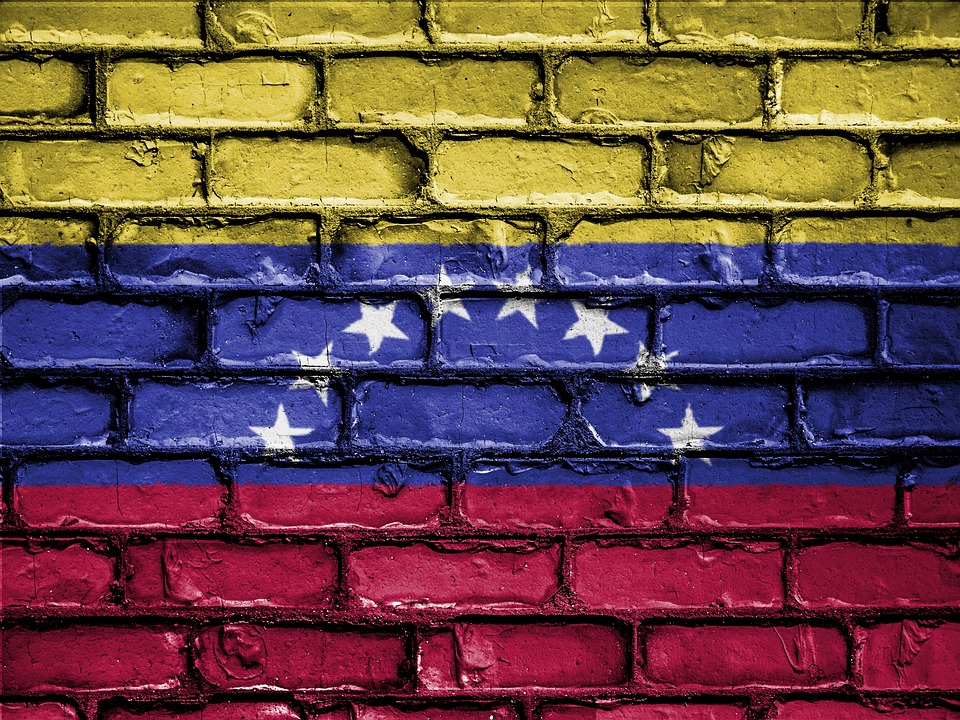As an aspiring revolutionary of the late 20th century, Hugo Chavez possessed two things that led him to the upper echelons of an effort to overthrow the Venezuelan government: a deep admiration for Fidel Castro and a strong inclination toward Marxism-Leninism.
The Venezuela of the early ’90s was a country plagued by poor economic conditions and social turmoil, which provided Chavez and his army of ex-Communists and guerilla fighters the traction they needed to stage a coup against President Carlos Perez’s government. The coup was unsuccessful, and Chavez was sentenced to prison.
During his incarceration, Chavez, then seen as a hero by the poor and disenchanted, gained the populist support that bolstered him to the presidency in 1999. The decisive victory led to more than a decade worth of policies that have given rise to the crisis we’re seeing in the streets of Venezuela today.
The so-called chavistas are a loyal bunch. Chavez’s name is often invoked by his loyalists in the same vein as that of Simón Bolívar, the military general who played a leading role in the independence of Venezuela in 1811. Throughout each election since 1999, Chavez’s campaign promises included helping the poor and eliminating corruption. This led to a massive spike in investments in social programs in the mid-2000s, which managed to woo allies and constituents to not only re-elect him three times but also vote to eliminate term limits to keep him in power longer.
Today, even with current president Nicolas Maduro’s low popularity ratings, chavistas in Venezuela’s judicial system have managed to keep the regime afloat by suppressing and intimidating the opposition. Armed colectivos, or government supporters, have acted as paramilitary groups to defend their idol at all costs. As a result of chavismo’s waning electoral prowess, Maduro has turned toward more autocratic methods, including creating a new constitution without the cooperation of the National Assembly.
The reality is rather straightforward, and it’s a reality that’s difficult for some Venezuelans to bear – chavismo has poisoned the country.
Indeed, a brief rundown of Chavez’s major actions throughout his tenure reveal an odd brand of impulse that was built on hackneyed revolutionary ideals. Chavez’s propensity for expropriating wealth undermined the oil industry and, in the long run, left the country devoid of expertise and capital. By increasing pressure on the private sector, Chavez led a misguided effort to advance his “Bolivarian Revolution” at the expense of the economy.
The chavistas currently in power are as uncompromising and unforgiving as one would expect of ruthless autocrats. Maduro has refused to cooperate with members of the opposition at all costs, dubbing them “right-wing extremists.”
Chavismo has left the country in a state of turmoil. Constituents will continue to feel the brunt of a failed revolution that has buttressed the very same systematic corruption that it aimed to dismantle. About half a century ago, Venezuela once served as an example of a stable democracy to the rest of South America. Today, it serves as a different, far more tragic example.
Israel Aragon Bravo is a junior majoring in psychology.
Featured photo courtesy Pixabay user Public_Domain_Photography.







